The Painter of Battles: a Picspam
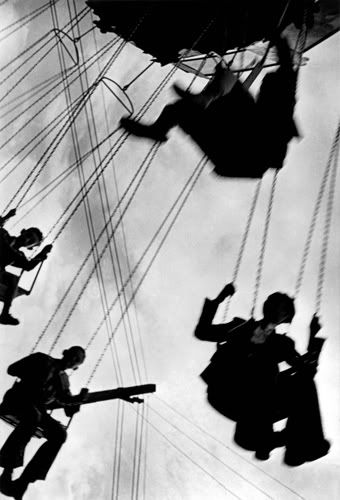
Photography of Robert Capa.
Arturo Pérez-Reverte is my hero--my favorite author, hands down, no contest.
In The Painter of Battles, a retired war photographer, Faulques, is painting a mural depicting all the wars in the world in an abandoned lighthouse when he gets a visit a man whose photo he took years ago--a photo made Faulques famous. The man is determined to kill him, but wants Answers in some vague sense. 250 or so pages of extreme navel-gazing ensue.
The dialogue isn't even a little bit believable or human at all about 75% of the time--it reads more like carefully rehearsed soliloquies--but this is clearly Pérez (who was a war journalist) working out his issues, sort of like Slaughterhouse-Five. (Unlike Vonnegut, Pérez's tongue is so far out of his cheek it's in another country. Shit right here is srs bzns.)
This isn't his best book, though I still think it's better than The Club Dumas, and rather than squee all over it I'm going to be constructive and pimp it with a picspam of most of the paintings and photographers mentioned in the book, and a few other things besides. Call it a labor of love--all that Renaissance art, all those great pictures. This book just made me really excited, okay?
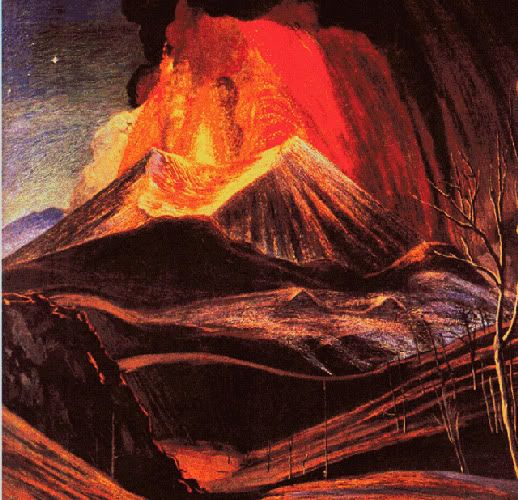
Dr. Atl: Erupcion del Parcutin.
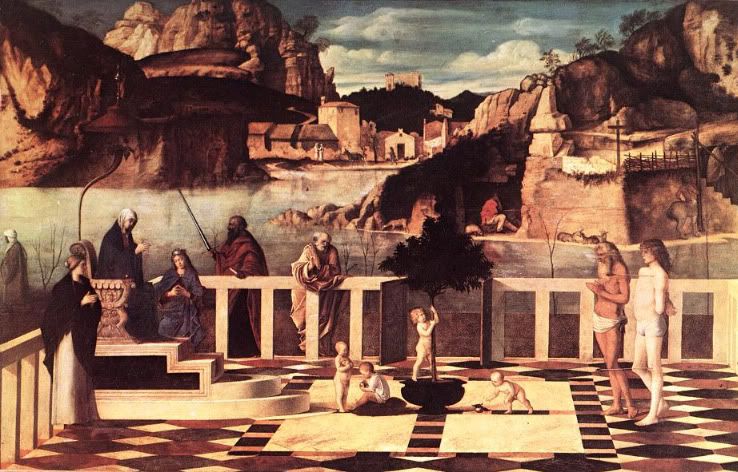
Bellini: Sacred Allegory.
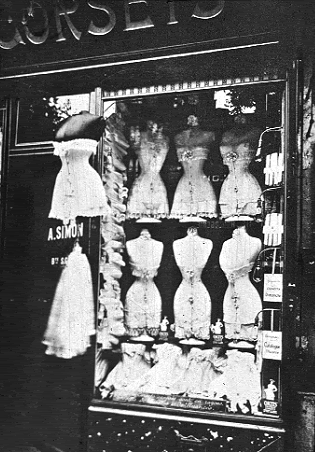
Photography of Eugène Atget.
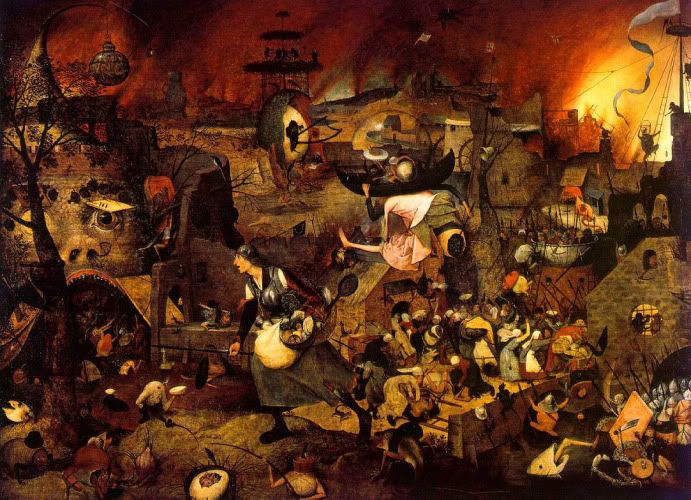
Bruegel: Mad Meg.

Fireflies.
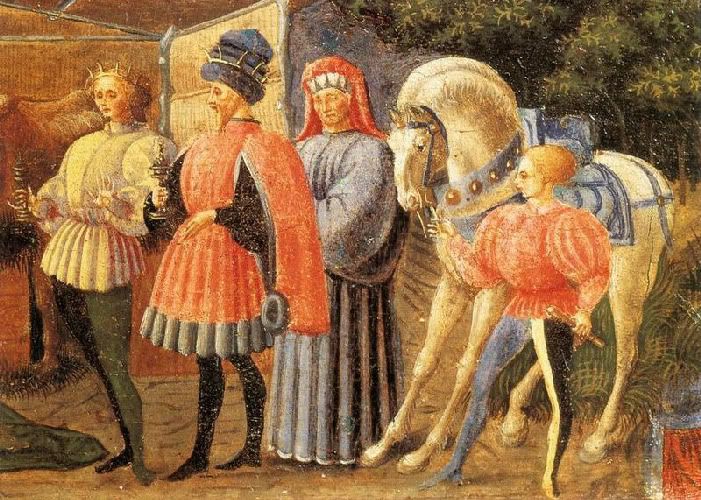
Uccello: Adoration of the Magi.
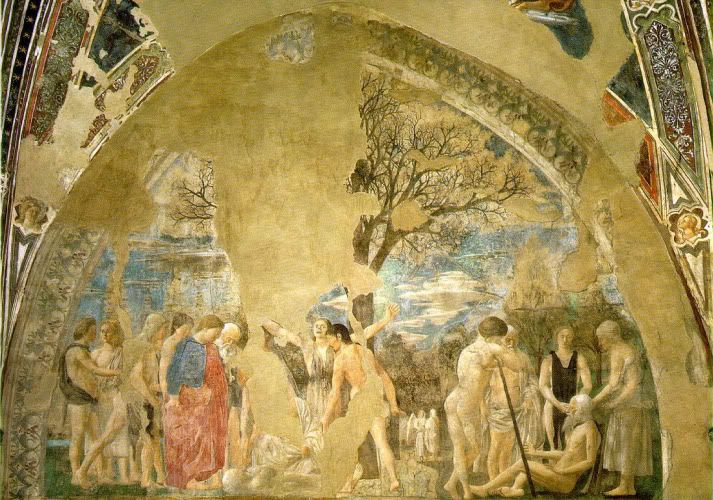
della Francesca: Death of Adam.

A straight razor.
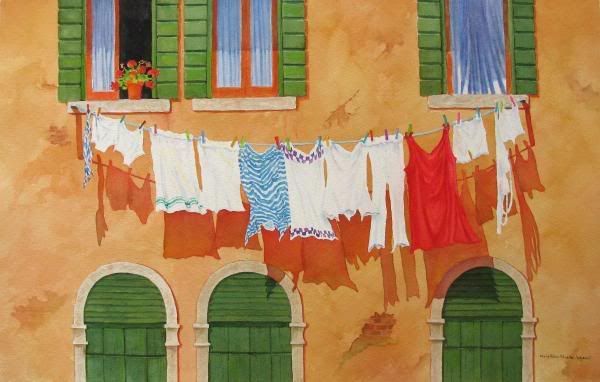
Venice in paint.
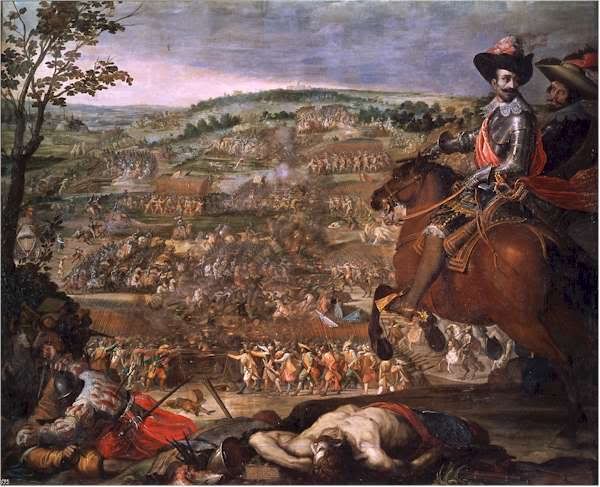
Carducci: Victory at Fleurus
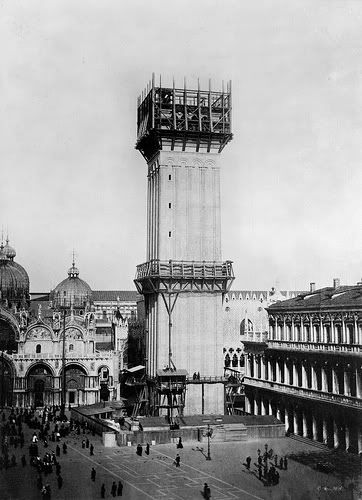
Campanile di San Marco.
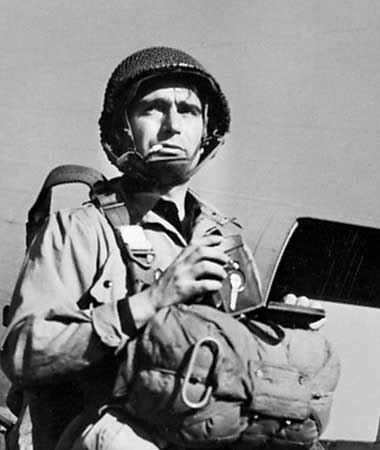
Photography of Robert Capa.
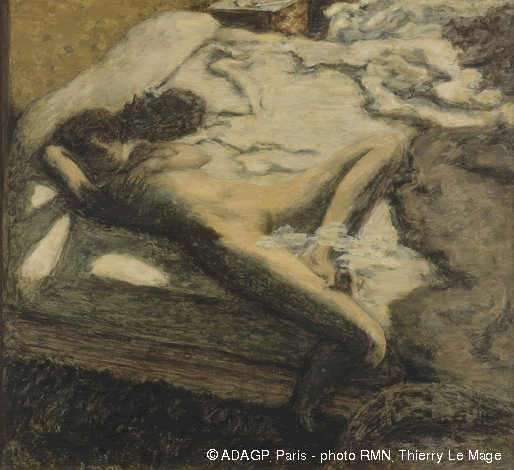
Bonnard: Woman Dozing on a Bed (The Indolent Woman).
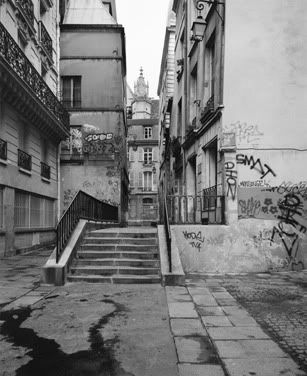
Photography of Eugène Atget.
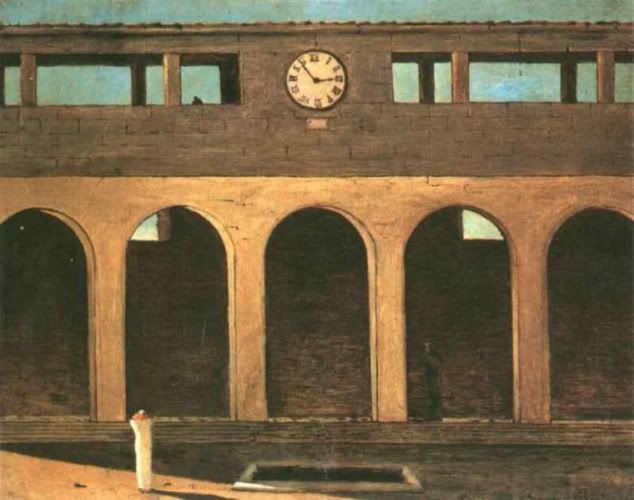
de Chirico: Enigma of Fatality.
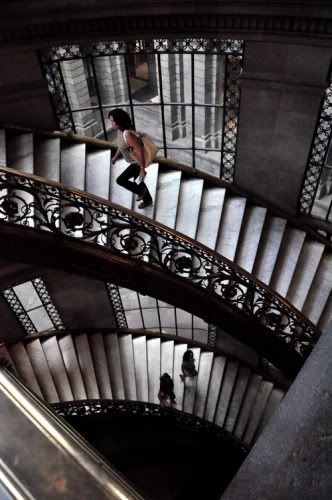
Museo Nacional de Arte, Mexico.
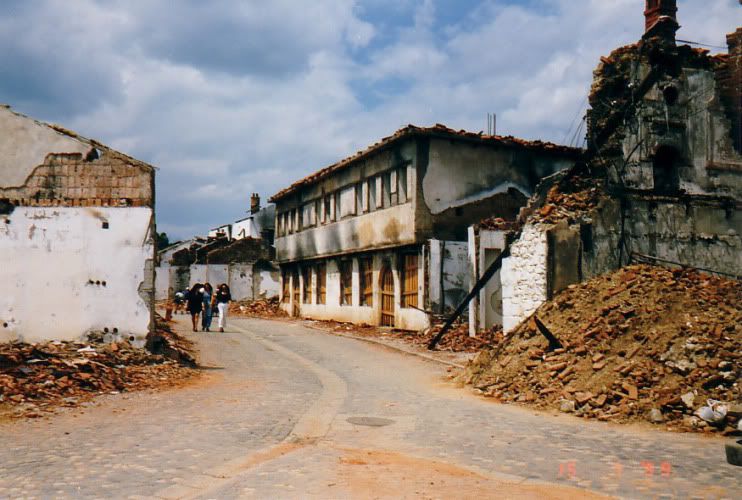
The Balkans.
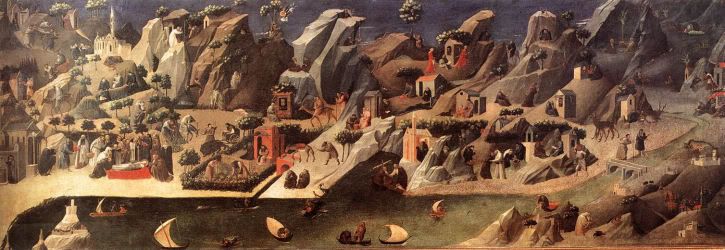
Starnina: Thebaid.
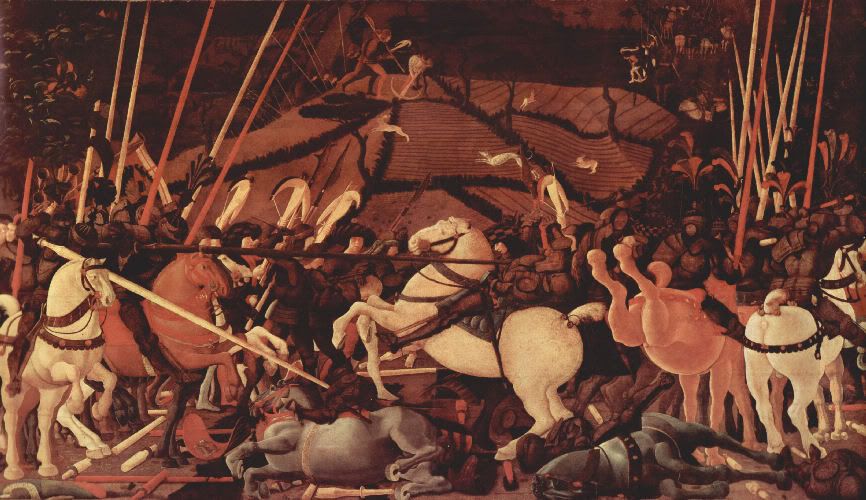
Uccello: Battle of San Romano. Middle panel.
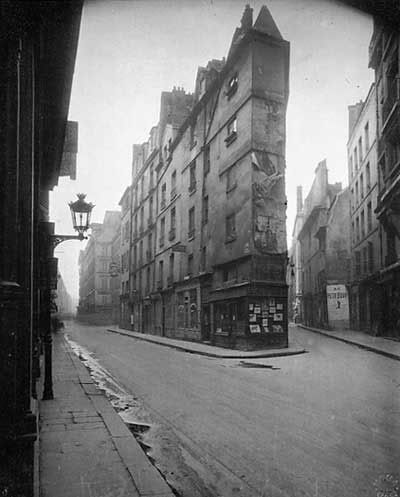
Photography of Eugène Atget.
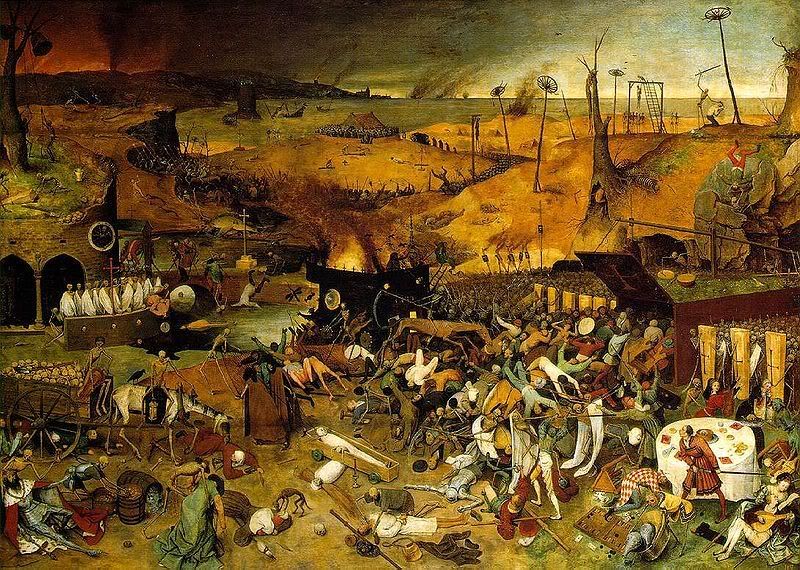
Bruegel: The Triumph of Death.
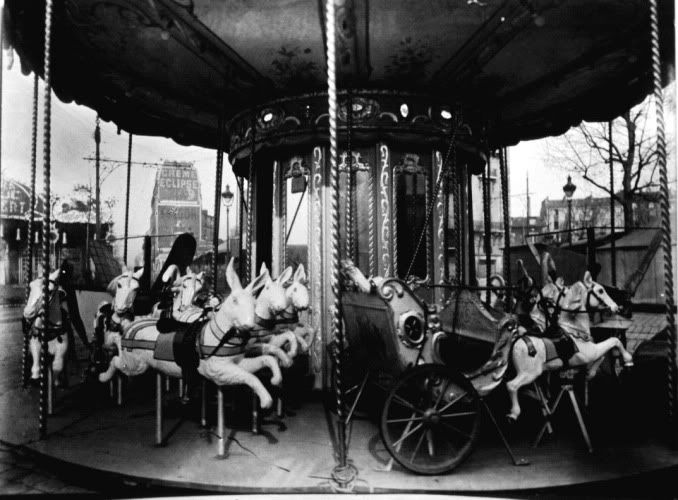
Photography of Eugène Atget..
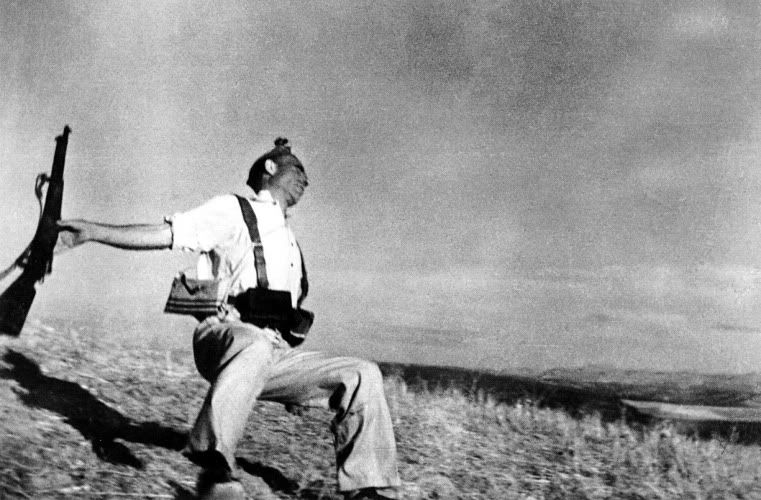
Photography of Robert Capa.

Picasso: Guernica.
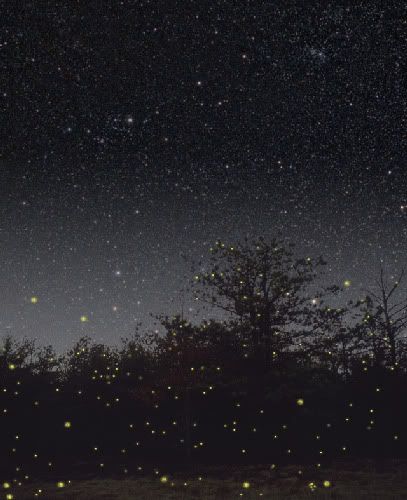
Fireflies.
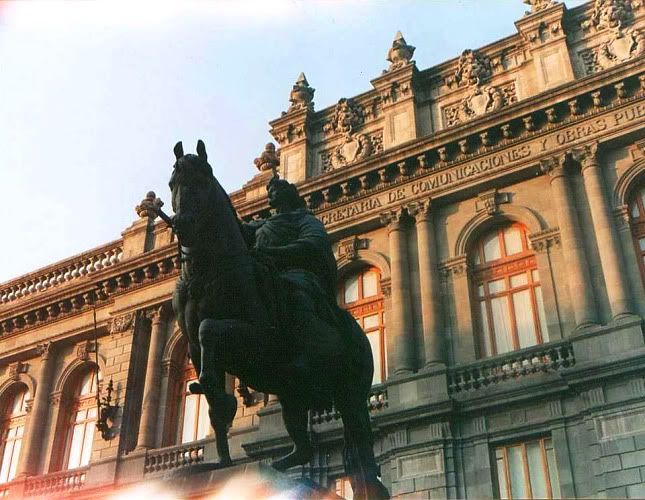
Museo Nacional de Arte, Mexico.
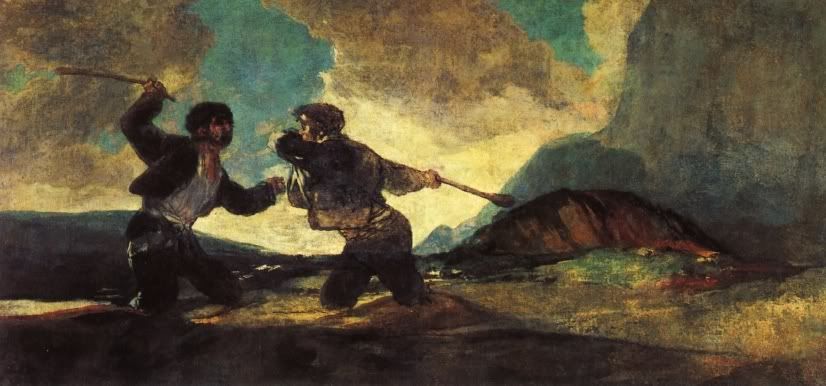
Goya: Fight with Cudgels.
But nothing comes out of you that you don't have inside, Faulques believed. Painting, like photography, or love, or conversation, was like those rooms in bombed-out hotels--all the window glass broken, all the contents stripped--that can be furnished only with things you take from your own backpack.